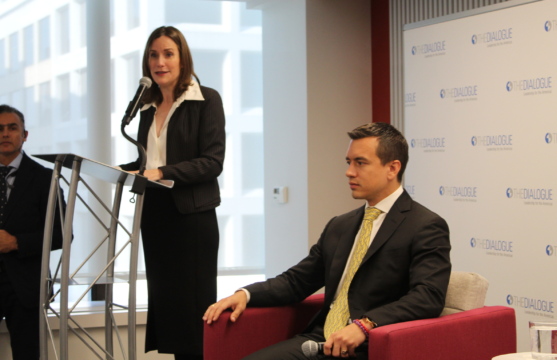
A Conversation with Ecuadorian President-elect Daniel Noboa
On November 6, 2023, the Inter-American Dialogue and Global Americans were pleased to host President-elect Daniel Noboa for a discussion on his domestic and foreign policy priorities.
On November 6, 2023, the Inter-American Dialogue and Global Americans were pleased to host President-elect Daniel Noboa for a discussion on his domestic and foreign policy priorities.
A Latin America Energy Advisor Q&A on whether Chile’s lithium sector is losing ground to other producers.
A Latin America Energy Advisor Q&A featuring experts’ viewpoints on Colombia’s shift to renewable energy sources.
A Latin America Advisor Q&A featuring experts’ viewpoints on the tightening of economic cooperation between China and Argentina.
Tania Ortiz Mena, former CEO of IEnova, a leading energy company in Mexico, was appointed as president of the Clean Energy and Infrastructure group of the company Sempra Infraestructura, as well as president of Sempra Infraestructura for Mexico.
On June 14, the Atlantic Council and the Energy Futures Initiative held a webinar on the role of natural gas in the transition to zero-carbon energy systems. Lisa Viscidi, director of the Energy, Climate Change & Extractive Industries Program at the Dialogue, spoke about financing natural gas infrastructure in Latin America.
Sylvia Escovar, former president and CEO of Organización Terpel S.A., was appointed as chairman of the Board of Directors for GeoPark, a leading independent Latin American oil and gas explorer, operator and consolidator with operations and growth platforms in Colombia, Peru, Argentina, Brazil, Chile, and Ecuador.
Companies are increasingly under pressure from the public and regulators to both disclose and improve environment, social, and governance (ESG) metrics. Such regulations in Europe and the United States will nudge investors toward low emissions projects. All this capital has to be put somewhere, and Latin America and other emerging markets are well positioned to become big recipients of these increased climate-focused flows.
La Fundación Propagas, la Universidad Central del Este y el Diálogo Interamericano celebraron el jueves 3 de junio la Quinta Edición de la Cátedra Magistral Ambiental, dedicada a la señora Rosa Margarita Bonetti de Santana, destacada medioambientalista de la República Dominicana.
In an interview with The Science of Where Magazine, Lisa Viscidi, director of the Energy, Climate Change, and Extractive Industries Program, and Sarah Phillips, program assistant, discussed Latin America’s progress toward the energy transition and its geopolitical implications.
El 28 de abril, Lisa Viscidi, directora del Programa de Energía, Cambio Climático e Industrias Extractivas, participó en un evento de la Asociación Mexicana de Empresas de Hidrocarburos sobre el papel de la industria de exploración y producción en el desarrollo local.
The Amazon rainforest, one of the world’s most important ecosystems, faces environmental impacts from hydroelectric dams, oil and gas drilling sites, and mining projects. A new database and analysis by the Inter-American Dialogue reveals that state-owned enterprises, as well as small and mid-sized international companies from a handful of countries, operate the largest share of such projects in the Amazon region, meaning these companies have a substantial influence over the implementation of environmental and social safeguards.
The energy markets of the United States and Mexico are deeply integrated, to the benefit of both countries and their economies. The new US administration has a clear interest in preserving and expanding this fruitful relationship while advancing its ambitious clean energy and climate goals, both at home and abroad. On March 11, the Inter-American Dialogue held a private roundtable on US-Mexico energy cooperation.
On February 25, the Johns Hopkins University School of Advanced International Studies and the William J. Perry Center for Hemispheric Defense Studies held a webinar on security challenges in Latin America. Lisa Viscidi, director of the Energy, Climate Change & Extractive Industries Program at the Dialogue, spoke about China’s role in the region’s energy sector and the US response.
Energy and climate change are important aspects of the US-Brazil relationship and will only become more prominent under the Biden administration. Brazil and the US are important diplomatic and trade partners in the hemisphere, and both countries have the potential to make major contributions to combating climate change and developing more sustainable and reliable energy systems. In collaboration with FGV Energia, on February 26, the Inter-American Dialogue held a private virtual roundtable on US-Brazil energy and climate cooperation.
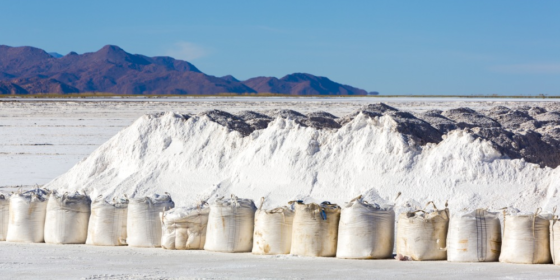
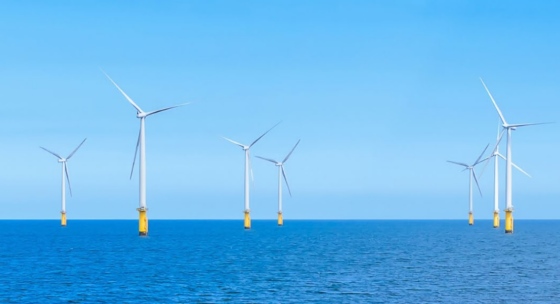
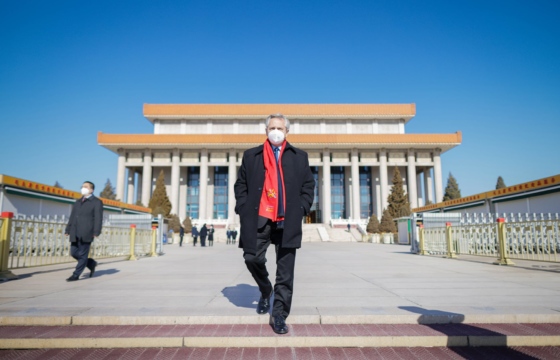
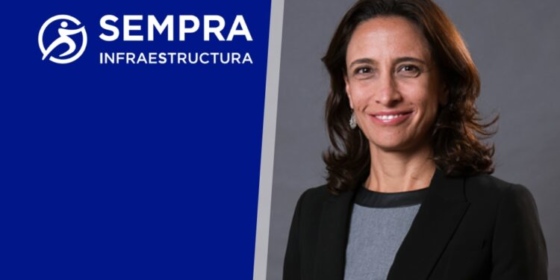
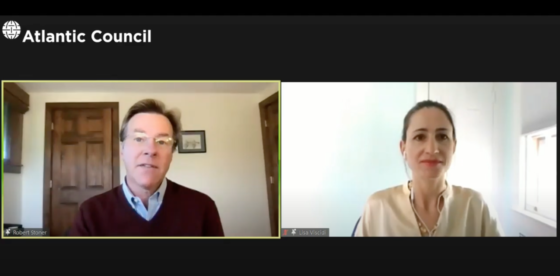 Video
Video
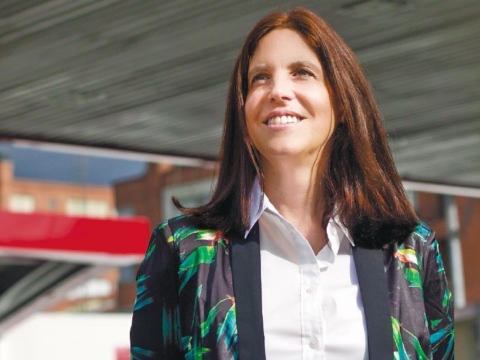
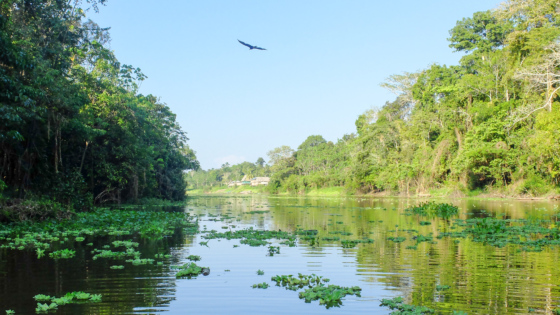
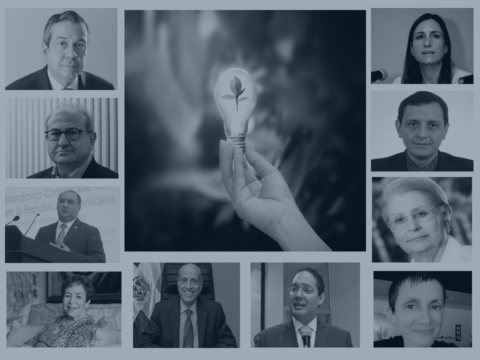 Video
Video
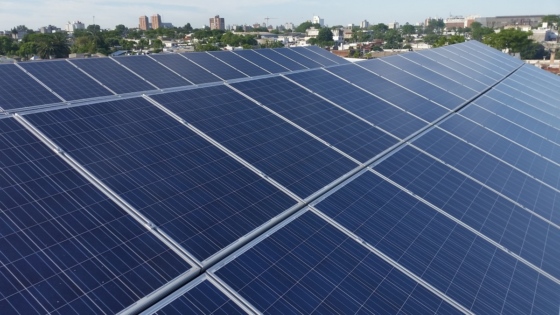
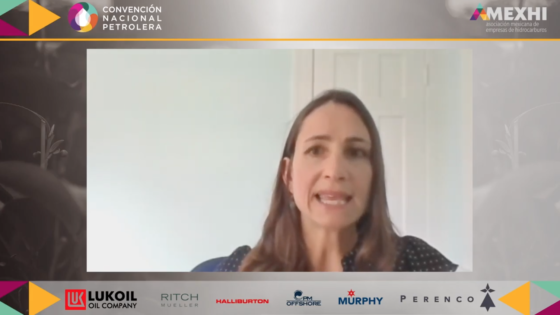 Video
Video
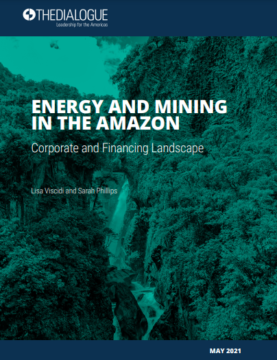
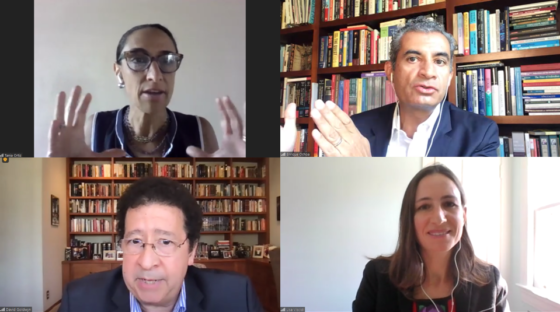
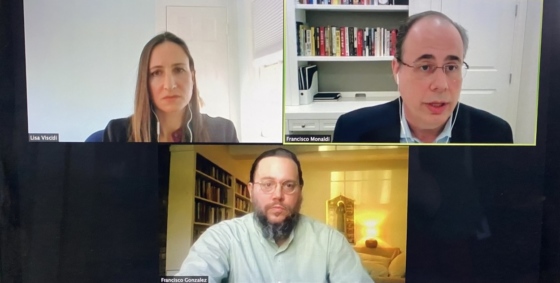 Video
Video
